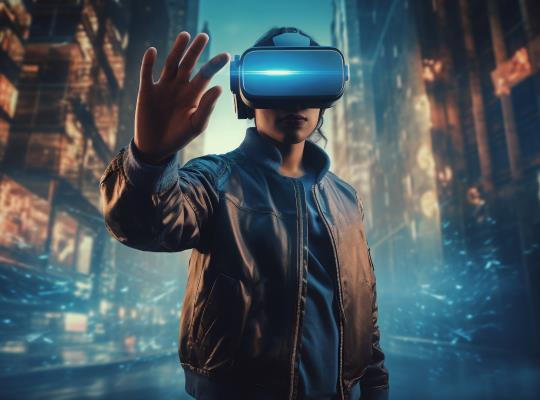The integration of XR in healthcare is more than an upgrade—it’s a revolution. With XR, medical professionals can train in hyper-realistic surgical simulations, practice emergency protocols, and understand human anatomy in 3D without touching a patient. on the other hand, supports diagnostics, automates patient monitoring, and personalizes treatment paths based on real-time data.
Together, XR create a closed-loop of learning and application—where professionals can train smarter, diagnose faster, and treat more precisely. Hospitals adopting these solutions are not just enhancing outcomes—they’re redefining what it means to deliver care.
As VR hardware becomes more accessible and software platforms more powerful, the adoption of VR medical training is expected to become standard in hospitals, medical colleges, and even rural clinics. Future integrations with biometric feedback and adaptation will make training even more personalized and precise.
VR Medical Training Solutions are transforming traditional medical education into a high-impact, tech-driven experience. By preparing healthcare workers in safe, scalable, and engaging environments, we are not just training better professionals—we are improving patient outcomes.



